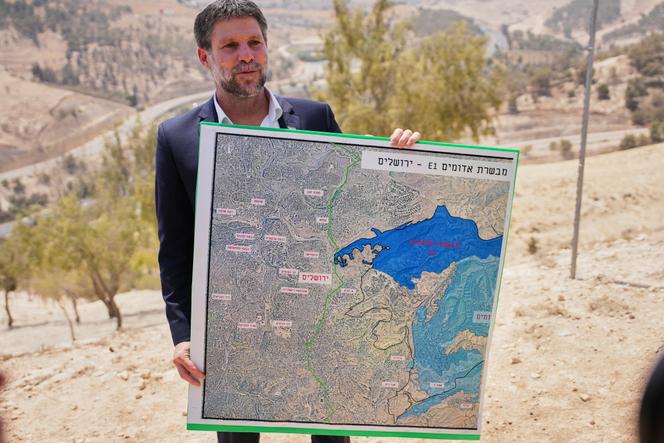The Israeli government"s recent approval of the E1 plan threatens to further undermine the viability of a two-state solution by splitting the West Bank into two distinct areas. Announced on September 11, 2025, the plan facilitates the expansion of Israeli settlements, raising significant concerns among Palestinian leaders and international observers.
The E1 plan, which was signed into effect earlier this week, aims to develop an area east of Jerusalem, creating a continuous settlement corridor that isolates Palestinian communities. Critics argue that this move effectively dismantles any hope for a contiguous Palestinian state, as it divides the West Bank into fragmented regions. This escalation follows Prime Minister Benjamin Netanyahu"s declaration earlier this year that there would be no Palestinian state, a statement that has drawn widespread condemnation.
Historically, the E1 area has been a contentious point in Israeli-Palestinian relations. Previous negotiations have sought to maintain the integrity of the West Bank for future statehood discussions. However, the current government’s actions reflect a shift towards unilateral settlement expansion, as detailed in recent developments surrounding Israeli policies.
The international community is now closely monitoring the implications of the E1 plan. Palestinian authorities have vowed to resist these changes, while the United Nations has called for urgent discussions to address the escalating tensions. With the West Bank increasingly divided, the prospects for peace appear more tenuous than ever.

Image for E1 Plan Threatens Two-State Solution, Splits West Bank Further


![[Video] Heavy clashes and gunfire reported in Baghdad, Iraq](/_next/image?url=%2Fapi%2Fimage%2Fthumbnails%2Fthumbnail-1768342239932-848qsh-thumbnail.jpg&w=3840&q=75)




![[Video] Gunfire between Iraqi security forces and Sadr militias in Baghdad](/_next/image?url=%2Fapi%2Fimage%2Fthumbnails%2Fthumbnail-1768343508874-4redb-thumbnail.jpg&w=3840&q=75)
